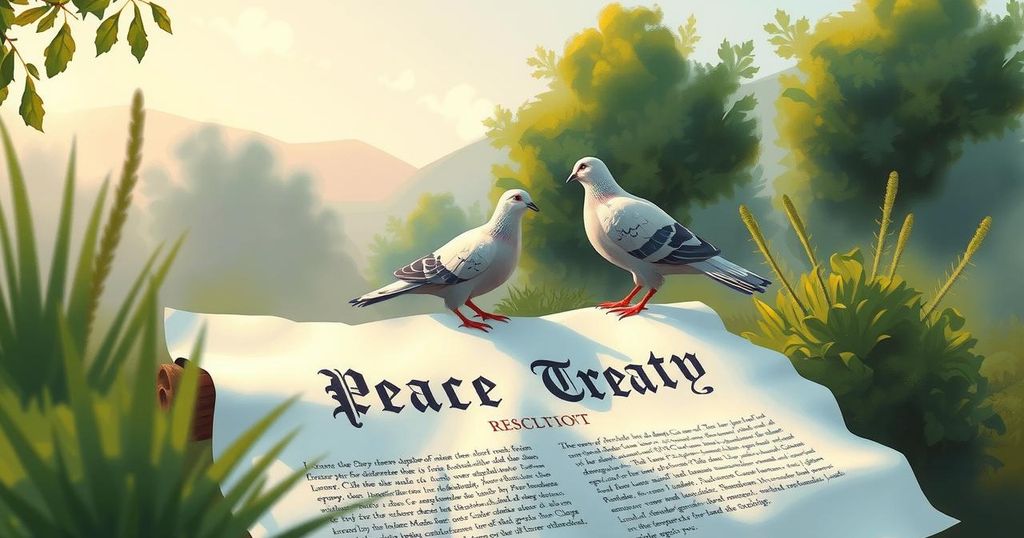Democratic Republic of Congo and Rwanda Sign US-Brokered Peace Deal
- Democratic Republic of Congo and Rwanda sign a US-brokered peace deal.
- Donald Trump claims credit for brokering a key peace agreement.
- Conflict in eastern DRC has resulted in six million deaths.
- M23 rebel group questions the binding nature of the deal.
- DRC officials express concerns about the expectations of victims.
Peace deal signed to end long-lasting conflict in DRC
In a significant development, the Democratic Republic of Congo (DRC) and Rwanda have officially signed a peace deal, brokered by US President Donald Trump. The accord is being hailed as a critical move aimed at putting an end to a conflict that has persisted in eastern DRC for over three decades, resulting in the heartbreaking loss of approximately six million lives. During the announcement on Friday, Trump claimed credit for what he referred to as an agreement to resolve “one of the worst wars anyone’s ever seen,” also stating that the US stands to gain considerable mineral rights in the region as part of this deal.
Mixed reactions emerge regarding agreement’s effectiveness
The signing ceremony took place in Washington, presided over by US Secretary of State Marco Rubio, who emphasized that this moment marks an “important moment after 30 years of war.” However, not all parties appear to be on board. The M23 rebel group, which is believed to be backed by Rwanda and is the most powerful armed faction active in the conflict, has indicated that it does not feel constrained by the new agreement. This raises serious concerns about the commitment to peace, particularly in light of previous agreements that have also failed to lead to lasting resolutions.
Support from international partners deemed crucial for future success
DRC foreign minister Therese Kayikwamba Wagner expressed the pain felt by the millions of victims as she put pen to paper alongside her Rwandan counterpart, Olivier Nduhungirehe. Wagner poignantly remarked, “Some wounds will heal, but they will never fully disappear,” stressing that the citizens affected by the violence are watching the implementation process closely. Nduhungirehe acknowledged the “great deal of uncertainty” surrounding the agreement, given the history of unfulfilled promises. He conveyed cautious optimism that, with support from the United States and other international allies, a pivotal shift could be within reach for the troubled region.
The peace deal between the Democratic Republic of Congo and Rwanda represents a significant but uncertain step toward resolving a decades-long conflict. With skepticism surrounding the engagement of non-signatory groups like the M23, the implementation of this accord may not be smooth. Ongoing international support, particularly from the US, appears to be a vital ingredient if the hopes of healing the scars of war are to be realized.




Post Comment